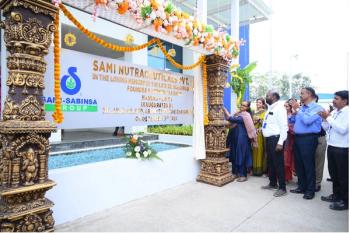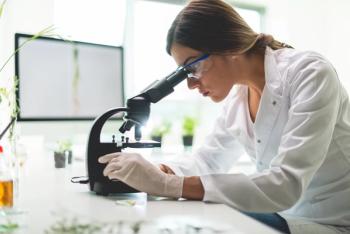
Incredo Sugar, a reduced-sugar cane sugar, now used to manufacture gummy supplements
Gummy supplement manufacturer Better Nutritionals and sweeteners supplier DouxMatok are collaborating to use DouxMatok’s reduced-sugar cane sugar to make reduced-sugar gummy supplements.
Gummy supplement manufacturer Better Nutritionals (Norco, CA) and sweeteners supplier DouxMatok (Petah-Tikva, Israel) are collaborating to use DouxMatok’s reduced-sugar cane sugar to make reduced-sugar gummy supplements. According to the companies, Incredo Sugar will enable the creation of gummies that are 40% lower in sugar in 33% lower in calories compared to standard pectin-based gummies, with no impact on sweetness, taste, or texture.
Incredo Sugar is not marketed as a sugar substitute but rather as a
The companies say they are excited about the potential for producing reduced-sweetener gummies without sacrificing taste or texture. “Reducing sugar in a pectin gummy while keeping the full integrity of taste and texture is an extremely challenging feat,” said Alexis Gracia-Lugo, vice president of R&D applications, North America, DouxMatok, in a press release. “With the trust and expertise of a well-respected company like Better Nutritionals, we collaborated to develop breakthrough products with almost half the sugar. This is a huge accomplishment for the industry and signals a massive growth opportunity for companies.”
Newsletter
From ingredient science to consumer trends, get the intel you need to stay competitive in the nutrition space—subscribe now to Nutritional Outlook.




